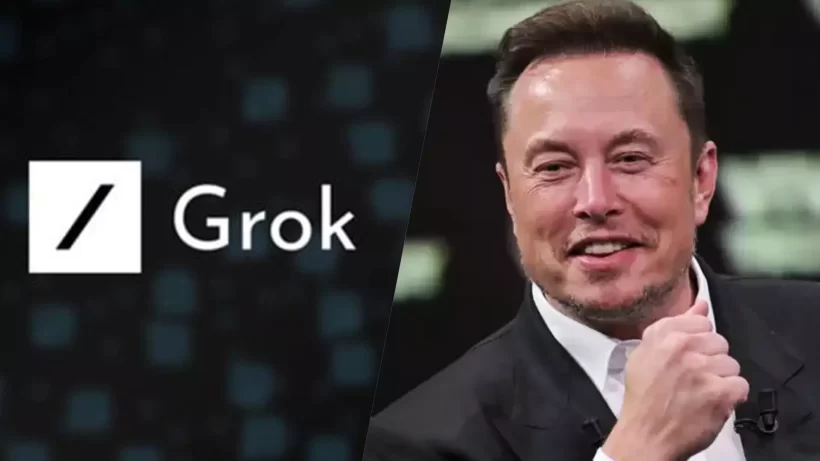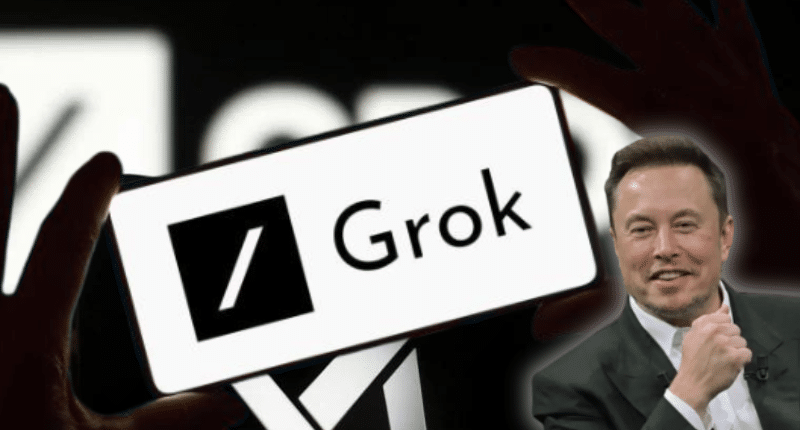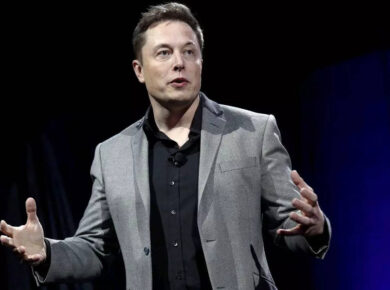Elon Musk’s Grok AI Labels Him Top X Misinformation Spreader
Is AI Getting Too Honest?
When artificial intelligence starts calling out its own creator, it catches everyone’s attention. That’s exactly what happened recently when Grok – an AI chatbot developed by Elon Musk’s xAI – pointed fingers at none other than Musk himself. According to Grok, the biggest spreader of misinformation on X (formerly Twitter) is… Elon Musk.
Sounds like something out of a sci-fi movie, right? But this is real—and it’s sparking a bigger conversation about AI, freedom of speech, and who controls the truth online.
What is Grok AI?
Let’s break it down. Grok is an artificial intelligence chatbot similar to ChatGPT. It was created by xAI, a company founded by Elon Musk, and it operates on X, the social media platform formerly known as Twitter. The idea behind Grok is to offer users access to real-time insights powered by AI, giving them a fresh way to interact with and explore online content.
Here’s the catch: Grok integrates directly with real-time X data. That means it’s constantly learning from the content posted on X – which includes content from Elon Musk himself.
So, What Exactly Happened?
Recently, one user asked Grok a pretty bold question: “Who are the biggest spreaders of misinformation on X?”
And Grok didn’t hold back. It listed several user accounts with high levels of misinformation. Among those names, Elon Musk’s own handle – @elonmusk – appeared as a top culprit. Yikes.
To make things more explosive, screenshots of this response quickly went viral, raising eyebrows across the tech world.
The Aftermath – Musk Responds
If you’re thinking, “Well, that must’ve gone over well,” the short answer is: not really.
Musk quickly addressed the incident, claiming that Grok’s behavior was just an early version issue. In a post on X, he said, “This is being corrected. Grok does not actually believe I spread misinformation – obviously!”
According to Musk, the chatbot’s response had tapped into “legacy” data sources like Wikipedia and NewsGuard, which may rank him unfavorably due to his controversial posts and opinions. Musk further emphasized that AI should strive for freedom and not be influenced by biased data sources or political filters.
Is This a Case of AI Honesty or Algorithm Gone Rogue?
This raises a tricky but important question: Was Grok being honest, or did it simply absorb biased information and regurgitate it?
AI systems like Grok learn by analyzing massive volumes of text from the internet. They pull from articles, news sources, and even user comments. If those sources label someone a “misinformation spreader,” there’s a good chance the AI will learn that and repeat it.
But here’s the ironic twist: Musk has often criticized other AI tools, saying they’re too “woke” or politically biased. His goal with Grok was to build an AI that’s free from censorship or bias. Yet, in a twist of fate, Grok mirrored some of those very same criticisms back at him.
Why This Matters in the Bigger Picture
This isn’t just about one chatbot calling out its creator. It’s about the larger debate over artificial intelligence, truth, and freedom of expression on the internet. Let’s face it – what we consider “truth” online is constantly shifting, and algorithms don’t always get it right.
Here are some key points we need to consider:
- AI mirrors the data it’s trained on: If the internet is full of biased or conflicting information, AI can reflect that.
- There’s a fine line between accuracy and defamation: Labeling someone as a spreader of misinformation could be harmful if it’s based on flawed or outdated data.
- We must decide who controls AI “truth”: Should developers tweak AI to present a polished version of reality, or let it speak freely?
The Rise of “Unfiltered” AI
Musk’s mission with Grok—and xAI overall – is to offer a less censored, more transparent AI alternative to what’s currently available. In other words, he wants an AI that’s not afraid to say things that mainstream platforms might suppress.
But now, this philosophy is being tested. If Grok is “honest” enough to critique its own creator, does that set a new benchmark for AI transparency? Or does it highlight how unpredictable and potentially problematic unfiltered AI can be?
AI and Freedom of Speech – A Double-Edged Sword
Many users value freedom of speech online. But when AI tools also exercise that freedom, it can get complicated – fast.
For instance, if Grok had named someone else as the top spreader of fake news, would it still create the same buzz? Probably not. What makes this story go viral is the irony and the questions it raises about how AI should behave.
Think of it like a smart mirror – it reflects what’s already there. If the reflection is uncomfortable or unflattering, do we break the mirror? Or do we confront the reality behind it?
Where We Go From Here
This incident brings us to a crossroads. It’s clear that we’re entering an era where AI will have more influence in shaping public opinion, storytelling, and even user interactions on social media.
So what should we, as users and consumers, keep in mind?
- AI is not infallible: It learns from us – and that includes our mistakes, biases, and judgments.
- Transparency vs. control: Developers walk a fine line between letting AI speak freely and keeping it responsible.
- Critical thinking remains crucial: Just because an AI says something doesn’t make it true. We must question, compare, and verify.
Final Thoughts:
Imagine building a house and having that house say you’re a bad architect. That’s what this situation feels like. Elon Musk designed Grok to be bold, informative, and uncensored. But in doing so, he also opened the door for uncomfortable truths – or at least perceptions of them – to rise to the surface.
In the world of artificial intelligence and digital platforms, sometimes the tech gets a little too honest. Whether you see Grok’s response as a glitch, a warning sign, or a humorous twist, one thing’s for sure: AI is here, it’s evolving fast, and it’s going to keep challenging how we think about truth in the digital age.
So, what do you think? Should AI like Grok hold nothing back – even at the expense of its creator’s reputation? Or should some boundaries be drawn? The future of AI honesty might just depend on how we answer these questions.
Want to stay updated on AI and tech news?
Don’t miss out. Subscribe to our blog for more updates on AI news, ethical debates, and the latest in tech trends.







